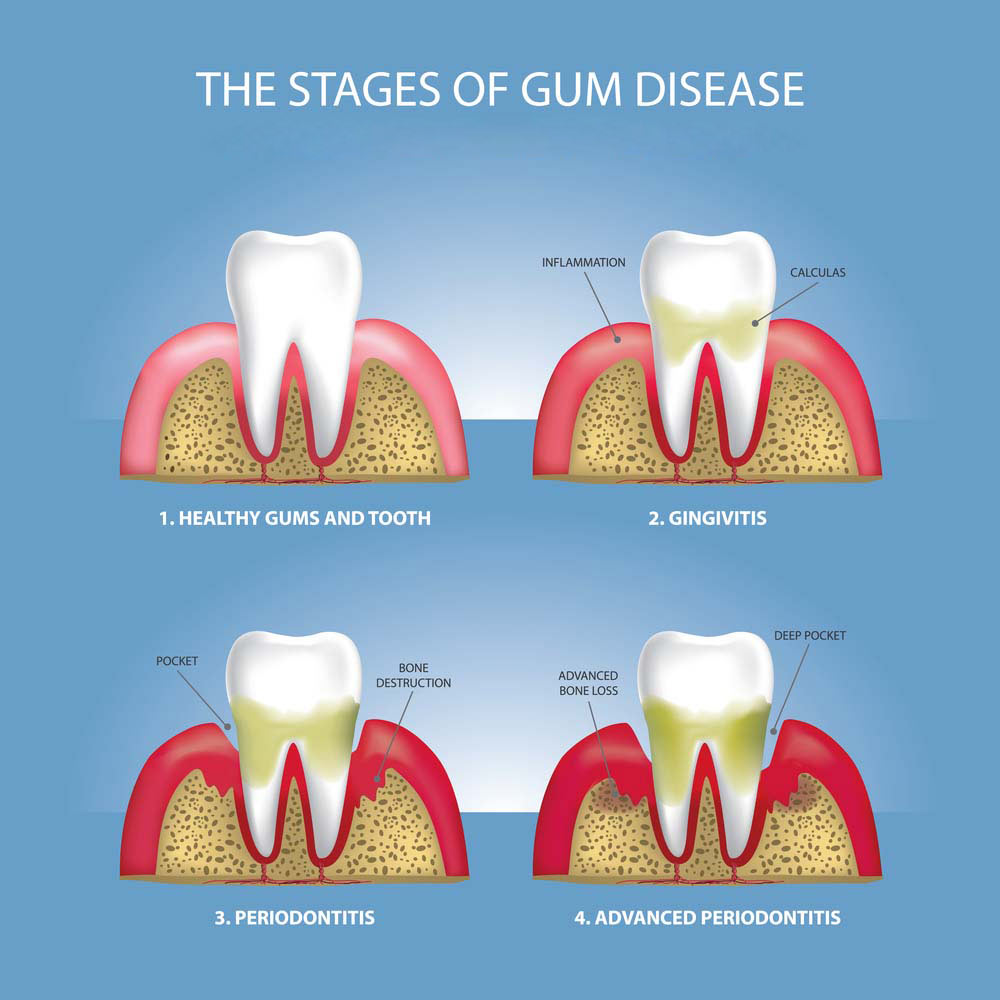
Painful Pregnancy Tooth: A Comprehensive Guide to Causes, Prevention, and Treatment
Pregnancy, a transformative journey for women, often brings with it a myriad of physical changes and discomforts. One such discomfort is pain pregnancy tooth, a condition characterized by severe tooth pain during pregnancy. This article delves into the causes, prevention, and treatment options for pain pregnancy tooth, empowering expectant mothers with the knowledge to navigate this dental concern effectively.
Causes of Pain Pregnancy Tooth
The hormonal fluctuations associated with pregnancy can have a significant impact on oral health, making pregnant women more susceptible to dental problems, including pain pregnancy tooth. The primary causes of pain pregnancy tooth are:
- Increased Blood Flow: Pregnancy hormones lead to increased blood flow to the gums, making them more sensitive and prone to inflammation. This inflammation can cause pain and discomfort in the teeth and gums.
- Hormonal Changes: The hormonal changes during pregnancy can also affect the pH balance in the mouth, creating an environment conducive to the growth of bacteria. These bacteria can cause cavities and gum disease, leading to tooth pain.
- Morning Sickness: The frequent vomiting and acid reflux associated with morning sickness can erode tooth enamel, exposing the sensitive dentin layer and causing tooth pain.
- Nutritional Deficiencies: Pregnancy increases the body’s demand for certain nutrients, including calcium and vitamin D. Deficiencies in these nutrients can weaken teeth and make them more susceptible to pain.
Prevention of Pain Pregnancy Tooth
While pain pregnancy tooth cannot always be prevented, there are steps expectant mothers can take to reduce their risk:
- Maintain Good Oral Hygiene: Brush and floss regularly to remove plaque and bacteria from the teeth and gums. Use a soft-bristled toothbrush and fluoride toothpaste.
- Visit the Dentist Regularly: Schedule regular dental checkups and cleanings to identify and address any potential dental issues early on.
- Eat a Healthy Diet: Consume a balanced diet rich in calcium, vitamin D, and other essential nutrients to support healthy teeth and gums.
- Limit Sugary Foods and Drinks: Sugary substances feed the bacteria in the mouth, contributing to cavities and tooth pain.
- Avoid Smoking and Alcohol: Smoking and alcohol consumption can worsen dental problems and increase the risk of pain pregnancy tooth.
Treatment Options for Pain Pregnancy Tooth
If pain pregnancy tooth occurs, there are several treatment options available to alleviate discomfort and prevent further damage:
- Over-the-Counter Pain Relievers: Acetaminophen (Tylenol) and ibuprofen (Advil) can provide temporary pain relief. However, it is crucial to consult with a healthcare professional before taking any medications during pregnancy.
- Dental Fillings: If the pain is caused by a cavity, the dentist may recommend a filling to restore the tooth and prevent further decay.
- Root Canal Therapy: In severe cases, root canal therapy may be necessary to remove infected pulp from the tooth and prevent the spread of infection.
- Extraction: If the tooth is severely damaged or infected, extraction may be the only option to alleviate pain and prevent further complications.
Additional Tips for Managing Pain Pregnancy Tooth
In addition to the treatment options mentioned above, the following tips can help manage pain pregnancy tooth:
- Cold Compress: Apply a cold compress to the affected area to reduce inflammation and pain.
- Salt Water Rinse: Gargling with warm salt water can help soothe irritated gums and reduce pain.
- Soft Foods: Eat soft, non-chewy foods to minimize pressure on the affected tooth.
- Avoid Hot or Cold Foods: Extreme temperatures can exacerbate tooth pain.
- Elevate Your Head: When sleeping, elevate your head to reduce blood flow to the gums and minimize pain.
Conclusion
Pain pregnancy tooth is a common discomfort during pregnancy, caused by hormonal changes, increased blood flow, and other factors. By understanding the causes and implementing preventive measures, expectant mothers can reduce their risk of developing this condition. If pain pregnancy tooth occurs, prompt treatment is essential to alleviate discomfort, prevent further damage, and ensure a healthy pregnancy. By following the tips and seeking professional dental care, expectant mothers can navigate this dental concern effectively and maintain optimal oral health throughout their pregnancy.